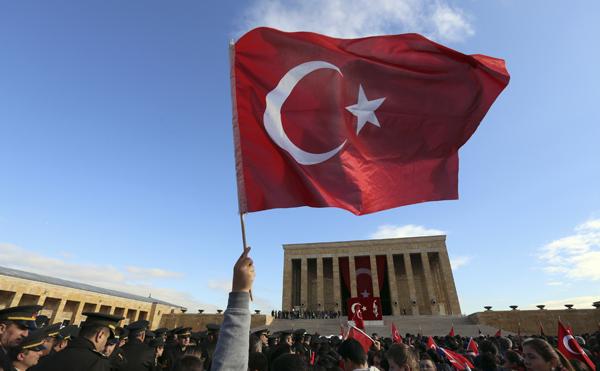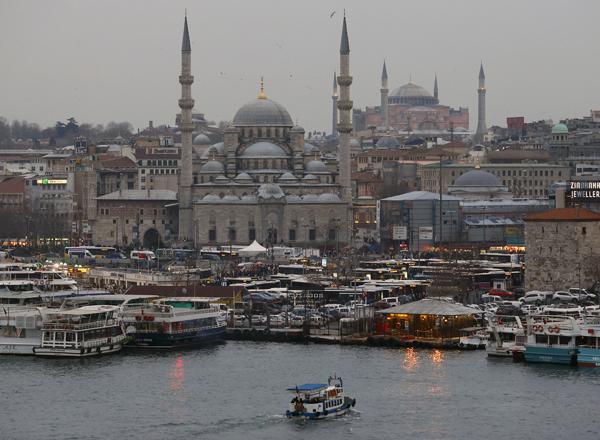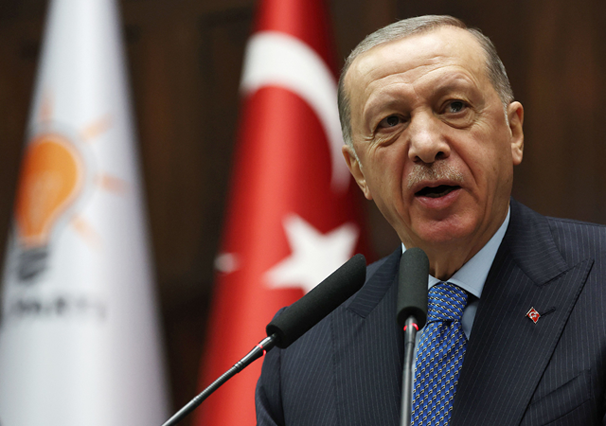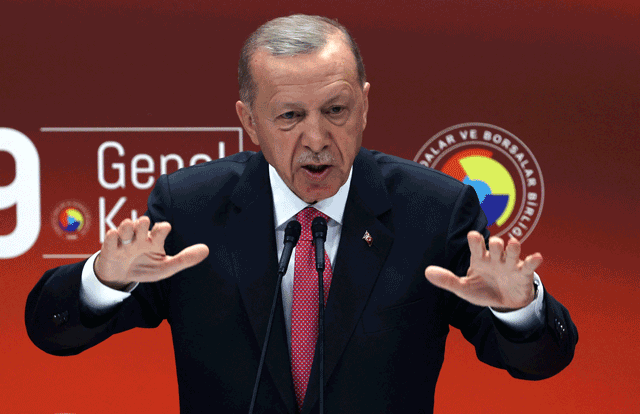You are here
Turkish wage hike plan sets alarm bells ringing over economy
By Reuters - Nov 12,2015 - Last updated at Nov 12,2015

A student waves a national flag as thousands of students, army officers and citizens visit the mausoleum to remember the nation’s founding father Mustafa Kemal Ataturk on the 77th anniversary of his death, in Ankara, Turkey, on Tuesday (AP photo)
ISTANBUL – When Turkey's government increases the minimum wage by around 30 per cent in January it will make good on an election promise to millions of workers currently struggling to make ends meet.
But unless it introduces strong countermeasures to soften the impact of such a steep rise on an uncompetitive and inflation-ridden economy, it also risks setting itself on a collision course with domestic employers and international investors.
The hike, re-affirmed by Prime Minister Ahmet Davutoglu following the November 1 vote, will be the biggest since 2003 and mean higher wages for around a fifth of the 26 million-strong workforce, according to official data.
But Turkey's labour productivity already trails far behind the European average while the government struggles to convince investors it is serious about fiscal discipline.
So for some the multi-billion-dollar plan — a campaign pledge by the ruling AK Party for the parliamentary election in which it regained an outright majority — is economically unjustifiable.
"Labour productivity does not justify any major increase in salaries," said Umit Ozlale, economics professor at Istanbul's Ozyegin University.
"The increase in productivity has stayed below real wage growth for the last years and a further increase in wages will worsen the already low competitiveness of the manufacturing sector."
The wage hike would be likely to cost Turkish companies around 26.4 billion lira ($9.2 billion), or roughly 1.5 per cent of GDP at 2014 prices, he said.
Annual growth in real wages has averaged 5 per cent over the last five years, while labour productivity increased by just 1.5 per cent a year during the same period, state statistics institute data shows.
Arguing the government should pay for the new increase, some in the private sector are already warning of ballooning costs and job cuts.
"A third of sales revenue goes to wages in the tourism industry, above that level and the alarm bells will ring," said Timur Bayindir, the head of Turkey's main hotels industry association.
"If we pass wage hikes onto our prices we lose our competitiveness in the Mediterranean region. Before new wages are implemented we may see job cuts."
Low wages, low added value
Turkey's minimum wage earners are largely concentrated in labour-intensive industries manufacturing goods with low added value for export, such as textiles and processed food and services. Manufacturing goods make up more than 90 per cent of the country's $160 billion of annual exports.
Someone on the current minimum net monthly wage of 1,000 lira ($350) costs his employer 1,496 lira, including social security contributions.
The government could help ease the added burden by lowering those contributions, said Ibrahim Caglar, chairman of the Istanbul Chamber of Commerce.
"The rise in the minimum wage will help employees and revive markets. However, a cut of three per centage points in the social security payments would help relieve employers," he said.
Finance Minister Mehmet Simsek, an advocate of fiscal discipline, has said the government might be willing to help.
"There may be some incentives... but the majority of the burden from the wage increase will be on the private sector's shoulders" he said in a television interview last week.
'Pure populism'
Economists argue that such a big increase in the minimum wage will create a negative supply shock, meaning higher costs for employers, entrenched inflation inertia and increased unemployment, which would boost unregistered labour.
"That, of course, is the last thing the economy needs, or the last thing we should be debating," said Murat Ucer, an economist at consultancy Global Source Partners. "It is pure populism and makes terrible public policy."
A senior official suggested the government's hands were tied by the election pledge, which was designed to match a similar proposal from the centre-left opposition CHP.
"The private sector is very, very angry because we're increasing their salary cost. We're trying to find a way to share the cost... but we have to be careful about budget discipline," the official told Reuters.
Many minimum wage earners have good reason to look forward to the rise.
"An extra 300 lira will mean not going to a second job at night and not working 14 hours a day," said Mustafa Gungor, who works for a private cleaning company. "I am looking forward to it, but on the other hand I also fear losing my job."
And the extra spending power will fade sooner than he might hope, with the wage hike almost certain to fuel annual inflation that, at around 8 per cent, is already overshooting the central bank's 5 per cent target.
Related Articles
ANKARA — Turkish Prime Minister Ahmet Davutoglu on Monday announced a multi-million-dollar aid package for the country's struggling tourism
ISTANBUL — Turkish President Recep Tayyip Erdogan on Thursday announced the third major minimum wage hike in a year to try and cushion the i
ISTANBUL — Turkey's economy is in a double bind: analysts see its current policies leading to imminent peril and the prescriptions incurring














